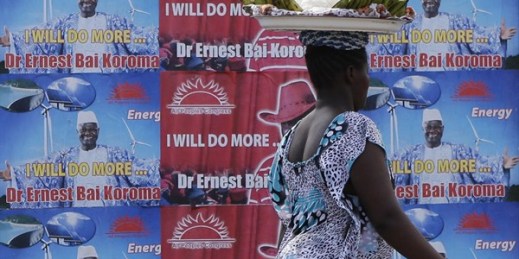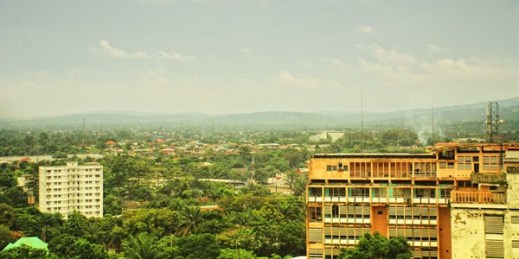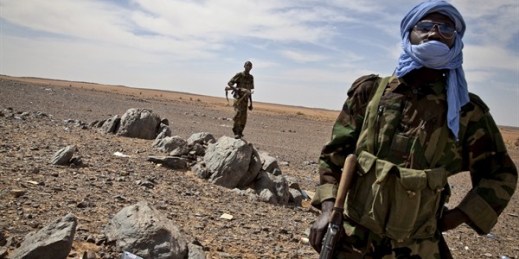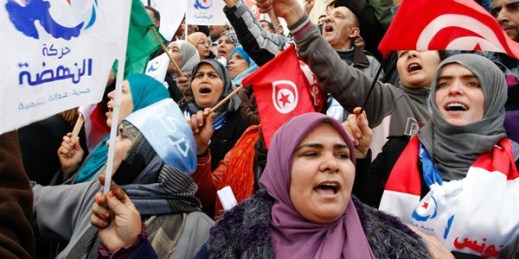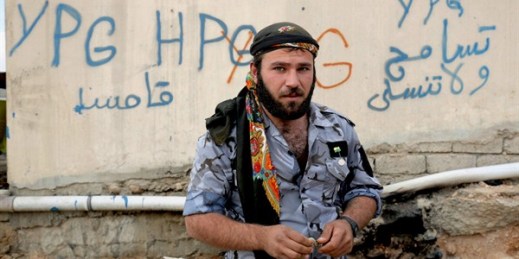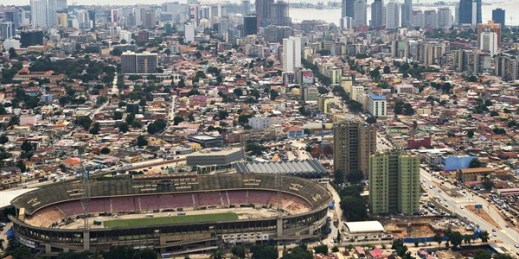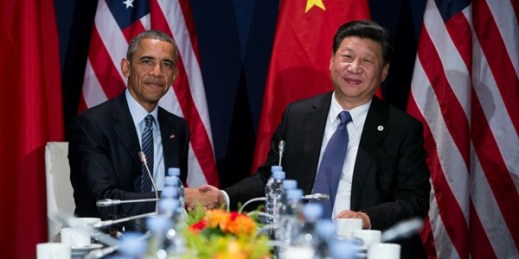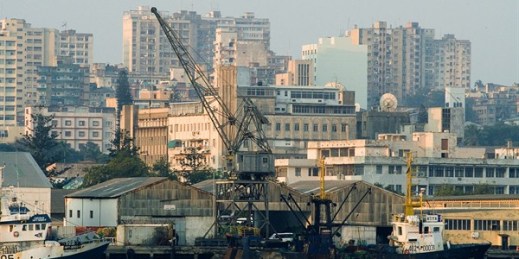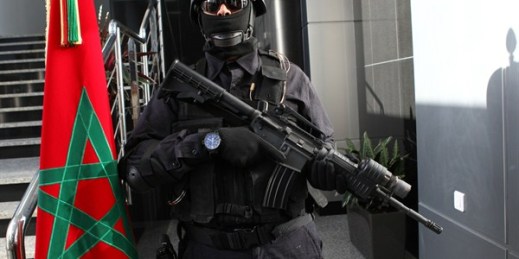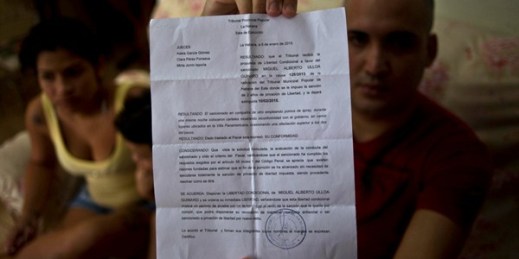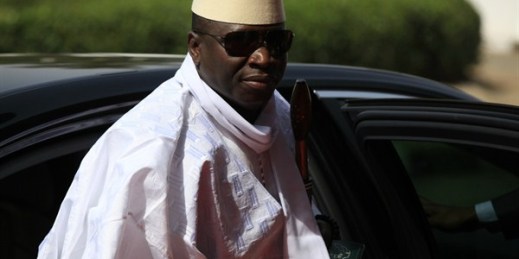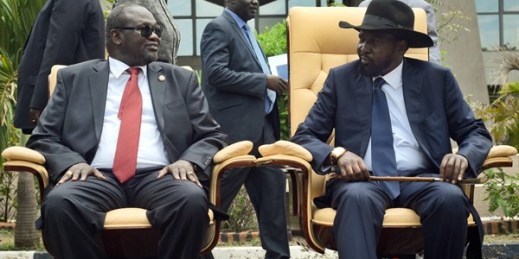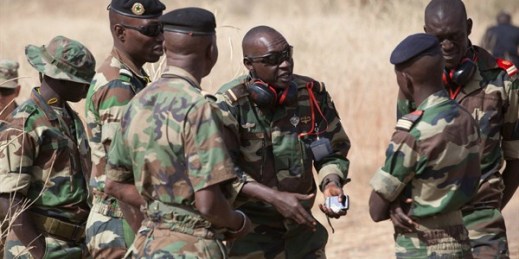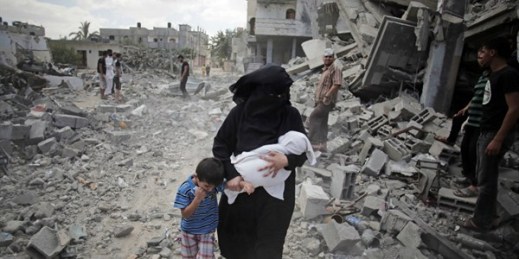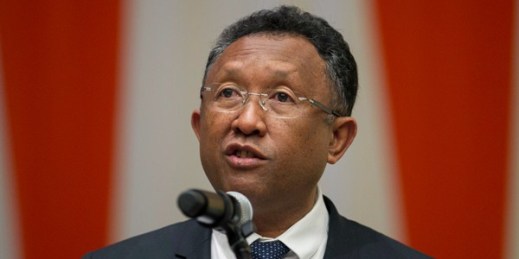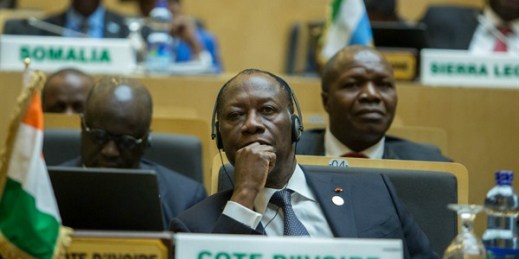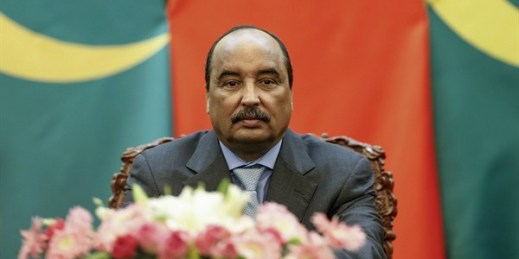
Earlier this month, thousands in Mauritania took to the streets to protest President Mohamed Ould Abdel Aziz’s proposed constitutional referendum that many believe is designed to allow him to seek a third term in office.* In an email interview, Noel Foster, a doctoral student at Princeton University, discussed politics in Mauritania and the reaction to the proposed reforms. WPR: What constitutional reforms has President Mohamed Ould Abdel Aziz proposed, and what is driving the move? Noel Foster: Abdel Aziz recently proposed a constitutional referendum, ostensibly to amend the constitution so as to abolish the Senate and pursue decentralization. Granted, the […]

